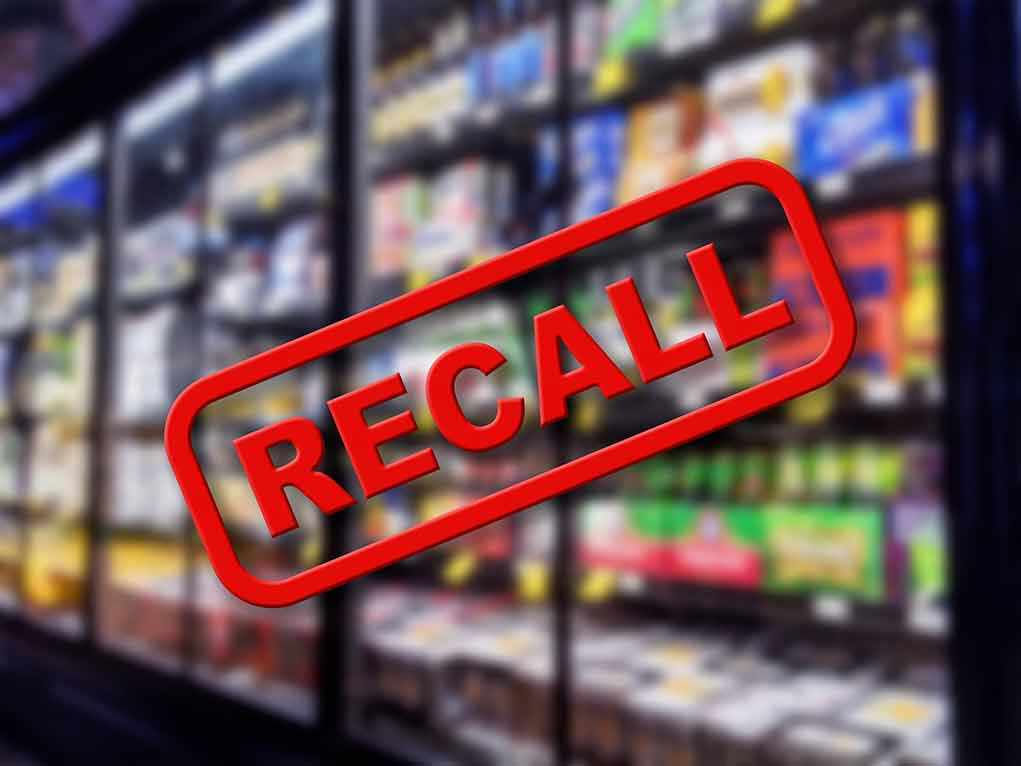
Frozen vegetables found contaminated with deadly bacteria have triggered a nationwide recall, reigniting concerns over government oversight and the safety of America’s food supply.
Story Snapshot
- A major food manufacturer suspended production after frozen vegetables tested positive for a dangerous pathogen.
- Federal and state agencies coordinated the recall, warning consumers and retailers to remove affected products immediately.
- The incident highlights longstanding weaknesses in food safety monitoring and regulatory enforcement.
- Industry experts urge a return to strict standards and transparent recall protocols to protect vulnerable Americans.
Recall Initiated After Laboratory Confirmation of Bacterial Contamination
On September 5, 2025, a leading food manufacturer announced an immediate recall of select frozen vegetables after routine sampling revealed contamination with Listeria monocytogenes, a bacterium known to cause severe illness and fatalities, especially among the elderly, pregnant women, and immunocompromised individuals. Production of the implicated products was suspended without delay, pending further investigation. The recall followed established protocols: regulatory agencies mandated public notification, retailers were instructed to pull affected items from shelves, and consumers were urged to return products for full refunds.
This decisive response—while vital—also underscores how federal and state agencies must act swiftly to prevent outbreaks. The recall process begins with detection through sampling by inspectors or company quality control teams. Laboratory analysis then confirms the presence of the dangerous bacteria, prompting the manufacturer to coordinate with agencies like the FDA and USDA. As the recall unfolds, public warnings and press releases seek to maximize consumer awareness and minimize harm. Effectiveness checks and ongoing monitoring remain in place until the recall is officially terminated.
Regulatory Oversight and Industry Accountability: Key Stakeholders and Power Dynamics
The recall’s management reflects the complex interplay between manufacturers, regulatory agencies, retailers, and consumers. Food processors are responsible for quality control and, in most cases, initiate voluntary recalls to protect their reputation and limit liability. Agencies such as the FDA and USDA oversee classification, notification, and enforcement, holding authority to mandate recalls for the most serious threats. Retailers and distributors play a crucial role by removing contaminated products from supply chains, while consumers seek prompt information and remedies. These relationships are shaped by federal and state laws, with agencies wielding power to enforce compliance while industry participants strive to maintain public trust.
Most recalls, like this one, are voluntary but guided by regulatory mandates. Company executives and quality assurance teams make critical decisions, often in consultation with federal officials. The outcome depends not only on rapid detection but also on transparent communication and cooperation between all players. Public health authorities monitor recall effectiveness, ensuring contaminated products are removed and that further outbreaks are prevented.
Short- and Long-Term Impacts: Economic, Social, and Political Ramifications
The immediate removal of contaminated vegetables from stores averts potential illness but comes at a cost. Manufacturers face financial losses from refunds, supply chain disruptions, and possible legal action. Retailers must act quickly to protect customers and avoid liability. Consumers, especially those in vulnerable groups, are at risk until the recall is complete. In the long term, reputational damage to brands and heightened regulatory scrutiny can force the industry to implement stricter safety protocols. Broader social concerns over food safety and trust in American brands may intensify, fueling political pressure for tougher oversight and enforcement.
Frozen vegetables recalled over potentially life-threatening threat #Vegetables #CDC #Bacteria #Publichealth #Foodsafetyhttps://t.co/zUp3gZ5WrS
— Joann Graham (@graham_joa44624) September 5, 2025
Industry-wide, such incidents drive heightened vigilance and can prompt new regulations and audits—often sparking debate about the balance between effective oversight and government overreach. Americans frustrated by past failures and bureaucratic mismanagement see these events as proof that strong standards and local accountability must remain central to food safety policy. The recall process, when executed transparently and efficiently, helps safeguard families and uphold core values of consumer protection.
Expert Perspectives: Calls for Robust Safety Standards and Transparent Communication
Food safety experts emphasize the necessity of robust traceability systems and transparent protocols during recalls. Scholars agree that while recalls disrupt business operations, they are indispensable for protecting public health and maintaining confidence in America’s food supply. Some advocate for stricter regulations and mandatory recall authority, while others support voluntary recalls if companies act decisively. Regulatory agencies and industry associations offer detailed guidance, stressing collaboration and clear communication as the pillars of effective recall management. Conservative stakeholders contend that vigilant oversight—without excessive bureaucracy—is essential to defend US families from preventable threats.
Sources:
New York State Department of Agriculture and Markets, Food Product Recall Booklet
Specialty Food Association, 5 Steps to Enacting a Recall
FDA Regulatory Procedures Manual, Chapter 7
National Agricultural Law Center, Food Recalls and How They Work












